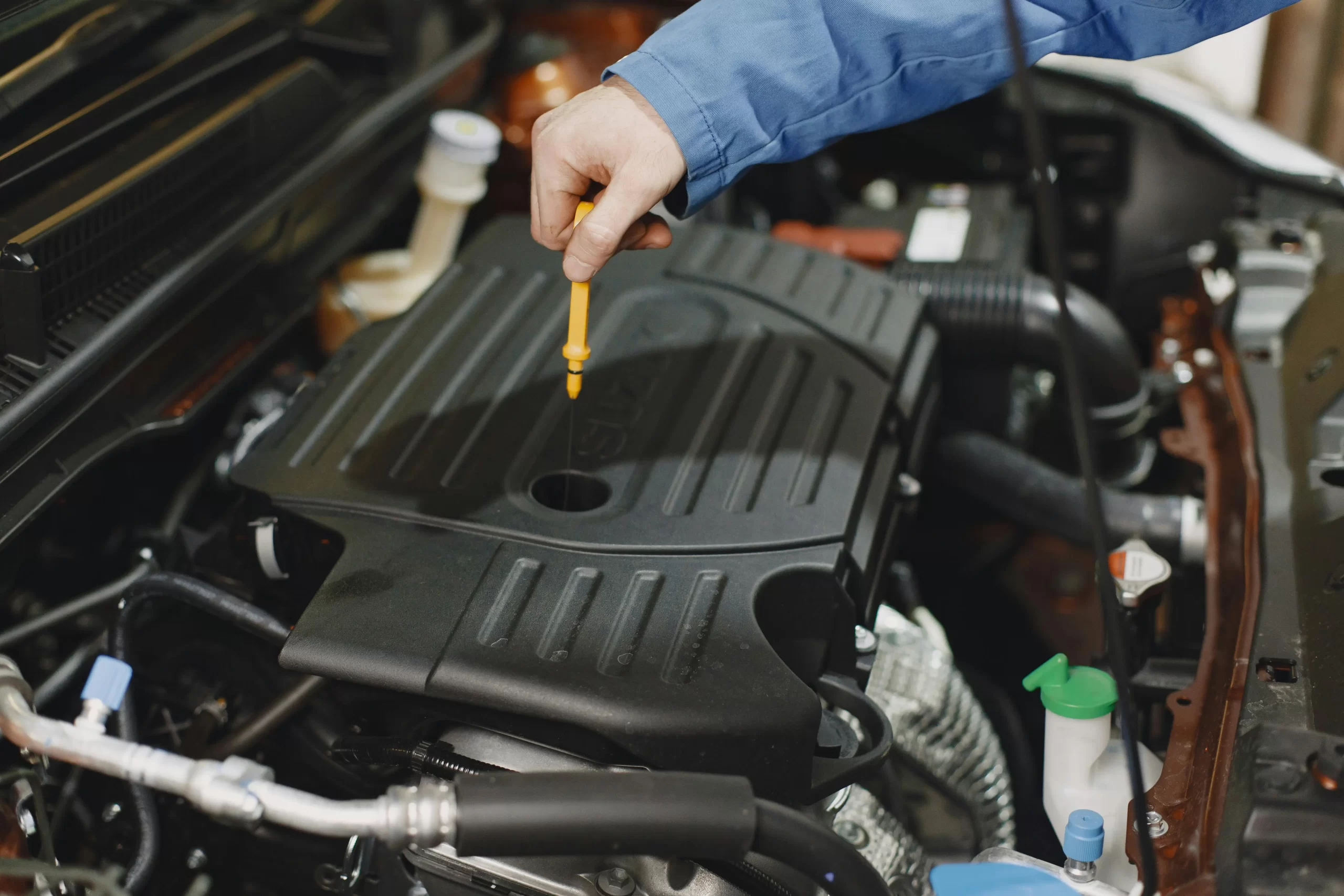
Most drivers diligently check their engine oil and coolant levels, but there’s one critical fluid that often gets neglected until it causes problems. This underappreciated component plays a vital role in your vehicle’s performance, yet it rarely receives the attention it deserves.
The Most Forgotten Fluid: Brake Fluid
While engine oil and coolant regularly make maintenance checklists, brake fluid frequently gets overlooked despite being essential for safe vehicle operation. This hydraulic fluid transmits the force from your brake pedal to the wheel cylinders and calipers, allowing you to stop effectively.
Why Brake Fluid Matters More Than You Think
- Safety Critical Component
- Brake failure ranks among the most dangerous mechanical failures while driving
- Degraded fluid can lead to spongy brakes or complete loss of braking power
- Hygroscopic Nature
- Absorbs moisture from the air over time (typically 1-2% water content per year)
- Water contamination lowers boiling point by up to 100°F
- System Protection
- Prevents corrosion in brake lines, calipers, and master cylinder
- Lubricates moving parts in the braking system
Signs Your Brake Fluid Needs Attention
Watch for these warning indicators:
- Brake pedal feels soft or mushy
- Longer stopping distances
- ABS light or brake warning light illumination
- Dark, cloudy fluid (should be clear or light amber)
- Visible contamination or particles in reservoir
Proper Brake Fluid Maintenance
- Check Regularly
- Inspect fluid level and color monthly
- Look for leaks around master cylinder and wheels
- Follow Manufacturer Intervals
- Most recommend replacement every 2 years or 30,000 miles
- Severe duty cycles may require more frequent changes
- Use Correct Fluid Type
- DOT 3, DOT 4, and DOT 5.1 are glycol-based (most common)
- DOT 5 is silicone-based (for specialty applications)
- Never mix different types
- Professional Flush Recommended
- Complete system flush removes old fluid and moisture
- Proper bleeding procedure eliminates air bubbles
Consequences of Neglecting Brake Fluid
Failure to maintain proper brake fluid can lead to:
- Reduced braking performance
- Corroded brake components
- Expensive repairs (caliper replacement, ABS module failure)
- Complete brake system failure in extreme cases
Final Recommendations
While it may not need frequent topping off like engine oil, brake fluid deserves regular inspection and periodic replacement. This simple maintenance task can prevent dangerous situations and costly repairs down the road. Consult your owner’s manual for specific service intervals and always use the recommended fluid type for your vehicle.
Have you experienced brake issues related to old fluid? Share your experiences in the comments below.






Leave a Reply